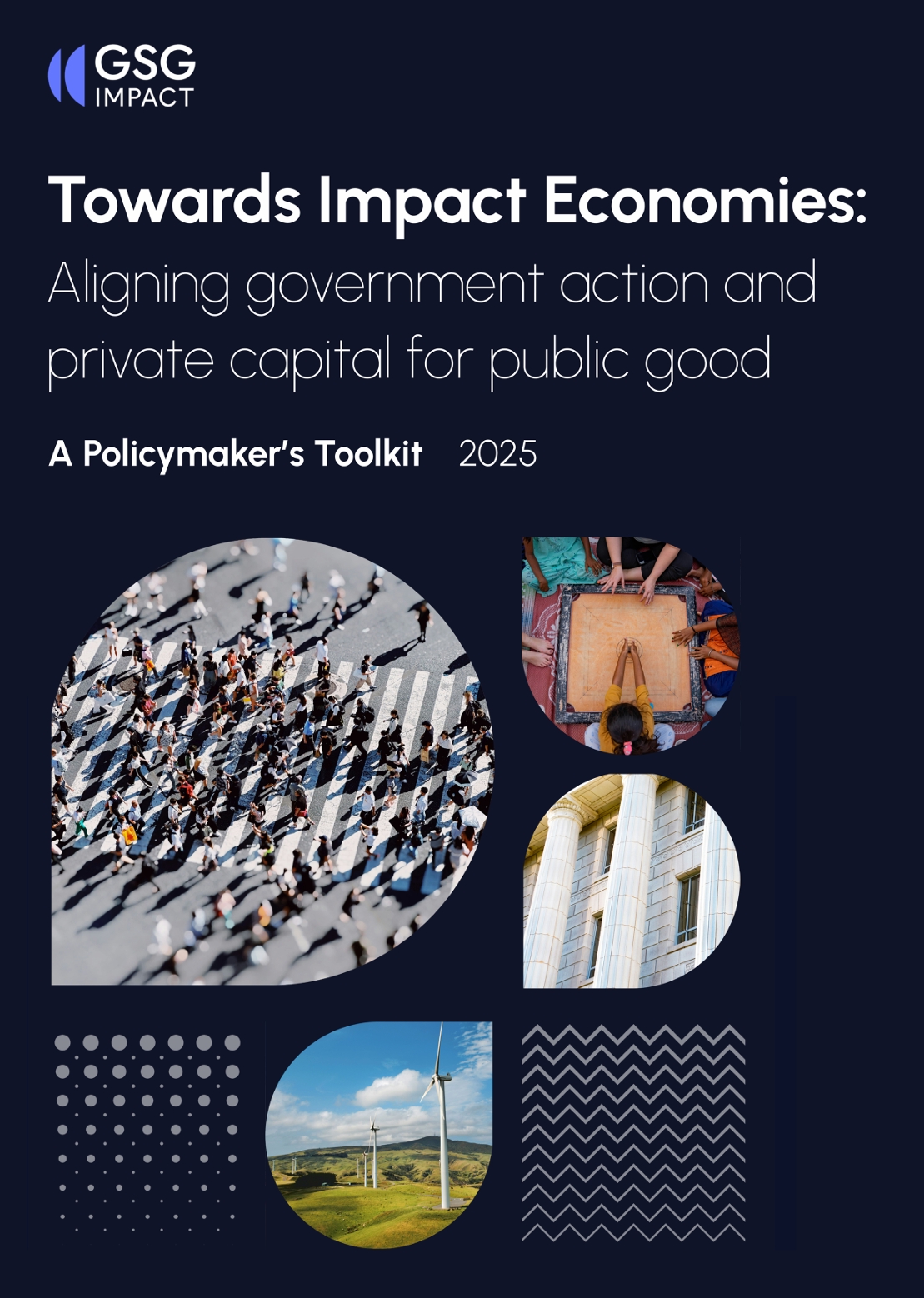
The G20 Sustainable Finance Working Group (SFWG) Presidency and Co-Chairs Note on Agenda Priorities issued ahead of its first meeting (2-3 February 2023) highlighted impact investment (through which investors and businesses seek to intentionally deliver measurable, positive impacts alongside financial returns) as an “area that deserves more attention for this year’s SFWG work on non-climate SDGs”.
The SFWG also acknowledged the criticality of (social) impact investment as an enabler of sustainable development as well as a means to help achieve the SDGs, given its “potential to support the financing of social sectors in countries where government’s fiscal capacity is often constrained”.
However, the group also pointed out that whilst there has been growing activity by institutional investors in OECD countries, impact investment “has not been widespread among investors based in developing countries”. Therefore, the SFWG manifested its intention to “focus on the financial instruments in use or development for social impact investments” as well as on “improvements needed in terms of impact measurement, disclosure and government incentives” - the latter understood as key enablers for scaling impact capital deployment, with integrity.

Public money and philanthropy alone will never be enough to bridge the $4Tn+ annual financing gap needed to achieve the SDGs. We urgently need to scale private impact capital mobilization in support of a just transition to net zero that leaves no one behind.

Impact investment vehicles are called to play a key role in scaling funding to tackle social as well as environmental issues. It is a fast growing market, yet to achieve its full potential.

We see the greatest promise in mechanisms and solutions that link financial returns to the achievement of pre-agreed sustainability outcomes, aligning incentives in a virtuous manner, including outcomes-based commissioning in the public sector and sustainability-linked issuances in the bonds market, globally.

To achieve scale, with integrity and transparency, adequate policy environments and incentives are essential, as well as convergence towards globally accepted standards and frameworks for impact and sustainability disclosure and reporting. There are several precedents and ongoing efforts that must be amplified and supported.

The G20 is called to play a key role in scaling sustainable and impact finance in support of the SDGs and a just transition, including through leadership, international coordination and high level political support.
This brief input paper to the SFWG prepared by GSG Impact intends to discuss i) the latest impact investment figures and trends, ii) select impact finance vehicles that are proving most effective in addressing key social issue areas, including those directly related to SDGs 1 (No poverty), 3 (Health), 4 (Education), 5 (Gender Equality) and 10 (Reduced Inequalities), and iii) key policy levers and developments in the “impact transparency” and data space to help scale flows of private capital in support of the SDGs, globally.








